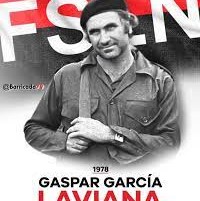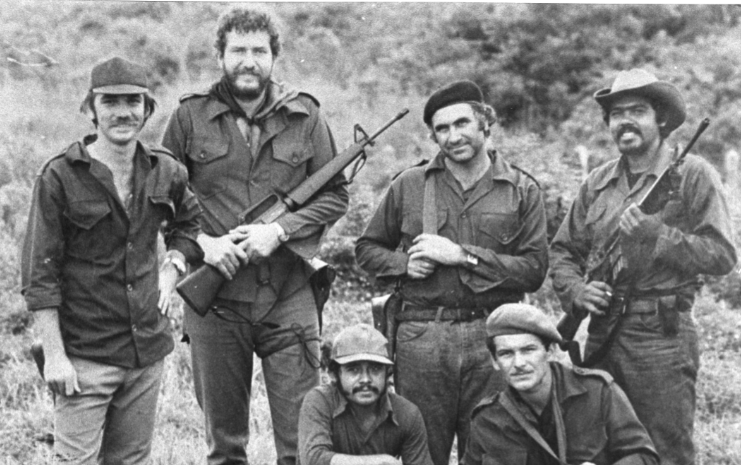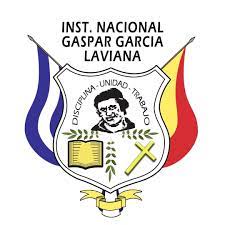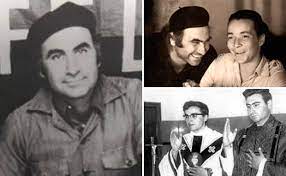Gaspar Garcia Laviana MSC, Anniversary 11th December

E.J. Cuskelly writes:
If I were to speak of Gaspar Garcia Laviana, that name would mean nothing to most of you. Yet if I were talking to people from Nicaragua, they would tell me immediately that Gaspar Garcia was a national hero during the revolution that overthrew the Samosa government in 1978. He was also a priest, Missionary of the Sacred Heart, and while he was a hero for the people, his brother missionaries could not quite decide whether, for them, he was a hero or a question mark.
Legacy – from his entry in Wikipedia
A closet poet, García Laviana expressed his outrage at the poverty and neglect of Nicaraguan peasants, society, as well as his own mixture of emotions as he took up arms, in many secretly circulated poems that, after the triumph of the insurrection were published as a collection in 1979 called Songs of Love and War; this was the first book published by the Sandinista government's Ministry of Culture, headed by another poet and priest, Ernesto Cardenal. Biographies include GASPAR VIVE by Fr. Manuel Rodriguez Garcia (privately printed, 1981) and !GASPAR! A SPANISH POET/PRIEST IN THE NICARAGUAN REVOLUTION by David Gullette (Bilingual Press, 1994) which contains a bilingual collection of his most important poetry.

Father García Laviana was a priest who was greatly influenced by the spirit of Liberation Theology which focused on a "preferential option for the poor" declared at the Latin American Bishop's conferences at Medellín and Cuernavaca.
Daniel Ortega, president of Nicaragua, acknowledged the importance of García Laviana's participation in the revolutionary struggle. García Laviana's involvement in the Nicaraguan Revolution encouraged Catholics to support the FSLN by providing the revolutionary movement with a sense of moral legitimacy. Many of García Laviana's concerns became priorities for the Sandinistas when they assumed power. The revolutionary government took up health care as a major priority, implemented agrarian reform initiatives that redistributed land back to many peasants individually and in cooperatives, made education through the fourth grade free and universal, and denounced prostitution.

